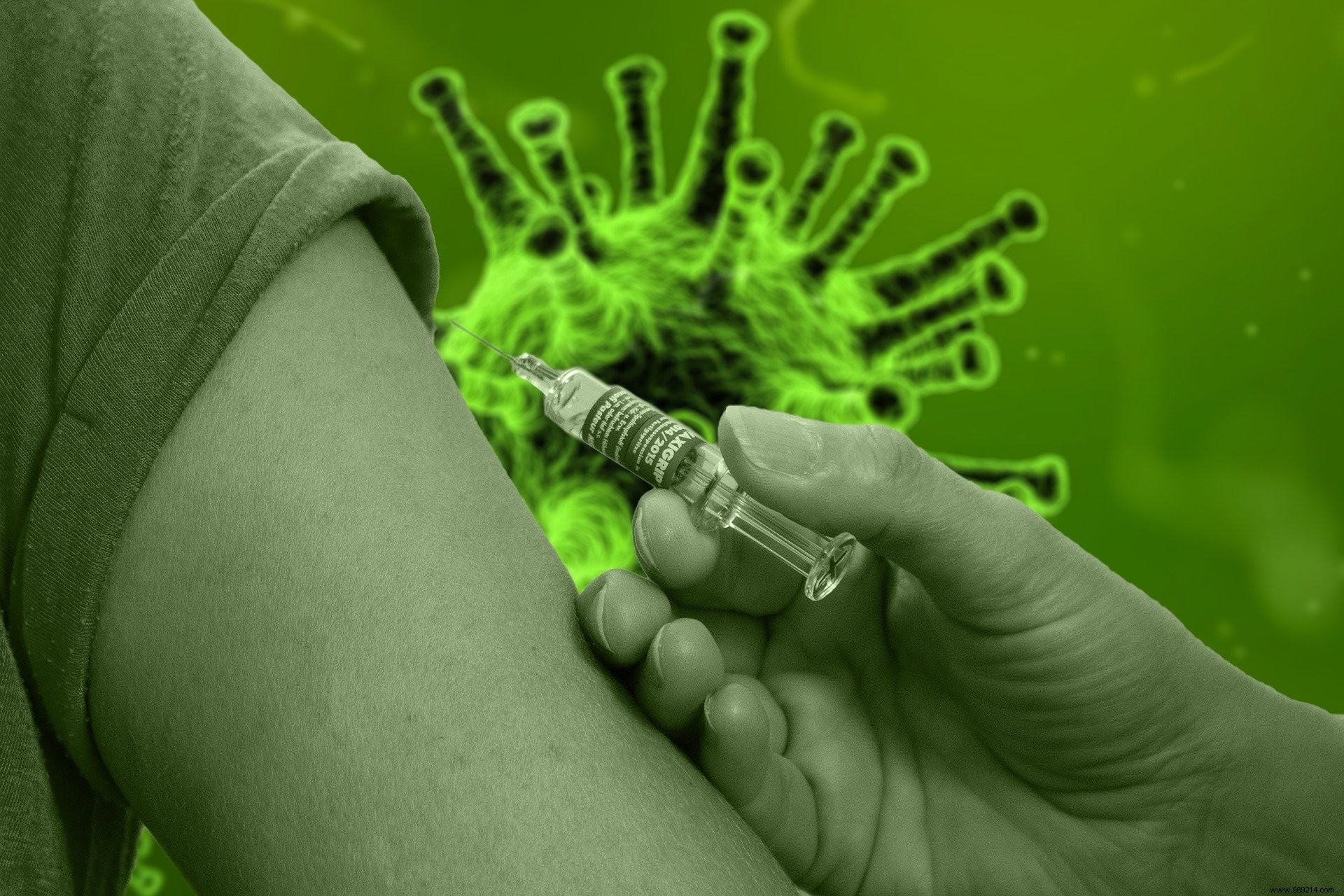In the world no vaccine is ready, not even in China. And yet this country, which is currently testing several vaccines, wants to anticipate its production. Estimating the annual needs at several hundred thousand doses, several laboratories have already finalized very secure production sites.
While the toll of the Covid-19 pandemic recently passed the bar of 400,000 deaths , teams around the world are working to develop a vaccine. In China, researchers are optimistically promising a vaccine in a few months. If nothing is ready yet in terms of vaccines, the construction of secure laboratories who will produce them has already begun.
According to an article in the Hong Kong daily South China Morning Post published on May 31, 2020, five vaccines have already entered the testing phase. Of these, four are "inactivated vaccines" . These involve killing the virus upstream to prevent serious infection, but still allow an immune response to be elicited. However, producing these inactivated vaccines requires a high level of biosafety. Thus, the laboratories in question will fall under a level 3, the second most important.
While phase 2 of these vaccines should be completed by the end of July, phase 3 raises questions, as it will require the mobilization of thousands of volunteers who agree to have the doses injected. Thus, even if the Covid-19 is no longer present in China, the Chinese government wishes to continue and complete the research at all costs.

Waiting for the finalization of the vaccine(s), the country has already completed in record time two production units . This obviously recalls the emergency construction of a hospital in Wuhan in about ten days in February 2020, when the epidemic was raging in the country. This project is led by SinoPharm – China National Pharmaceutical Group – which has built two institutes, in Beijing and Wuhan, with a respective production capacity of 100 and 80 million doses per year . However, no one knows if other units are planned.
According to officials, these institutes will effectively respond to vaccination needs . The first step will be to meet the demand of “special population groups”. These include health personnel, diplomatic personnel and students living abroad. There is also talk of vaccinating overseas workers who are involved in the Belt and Road infrastructure projects. Finally, the government made a rather worrying announcement. Indeed, it is a question of vaccinating certain groups by the end of the year, and this, even if the tests are not finished.